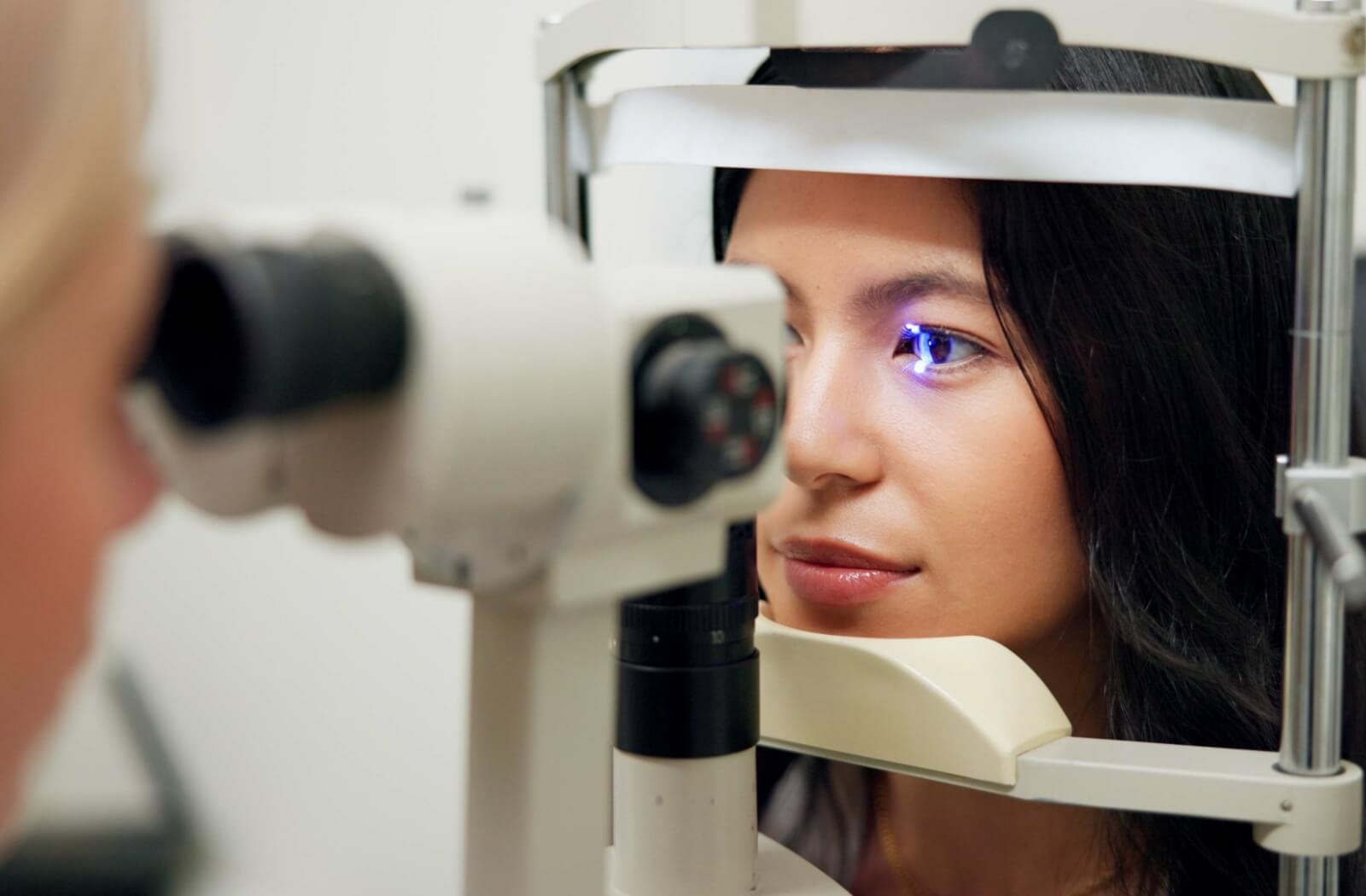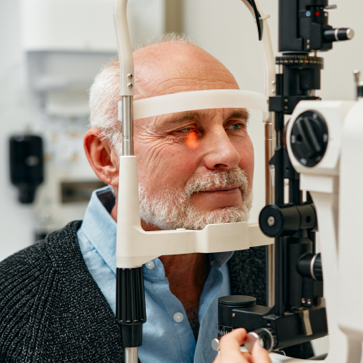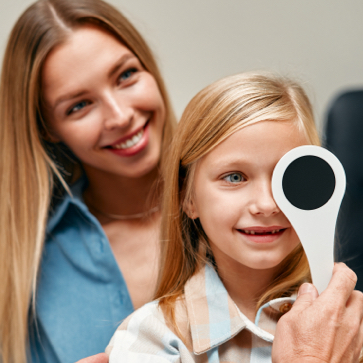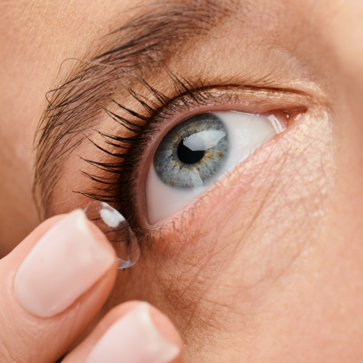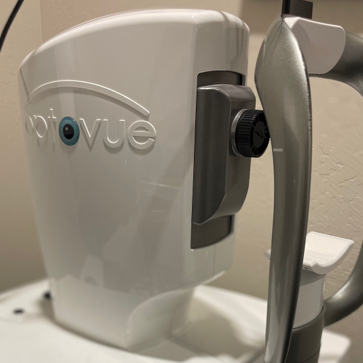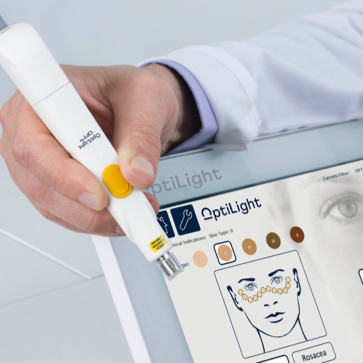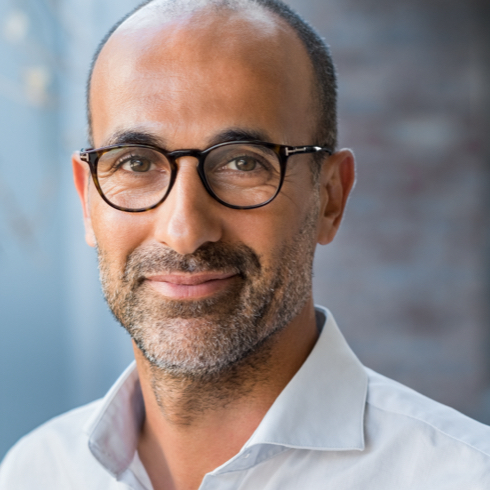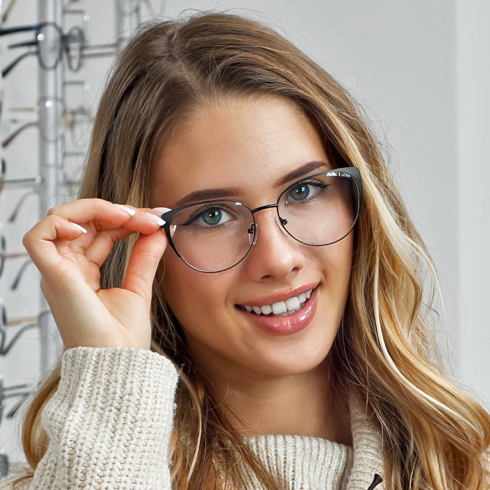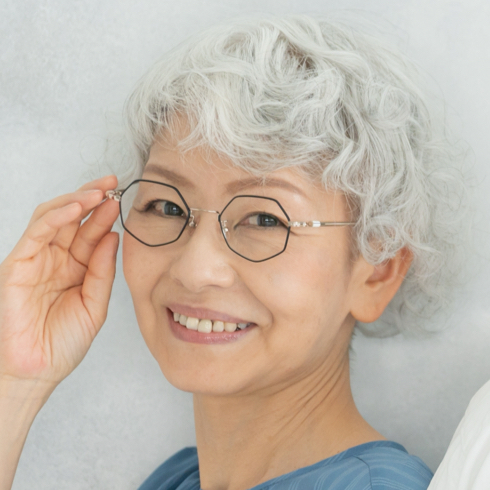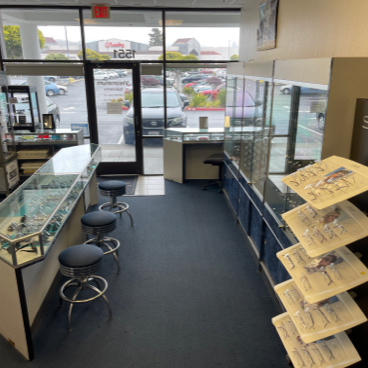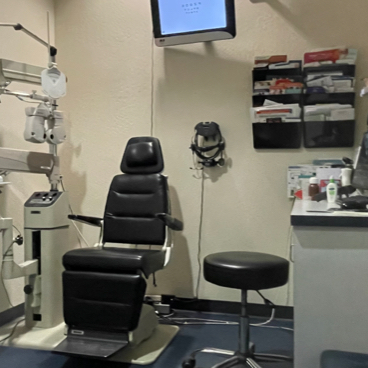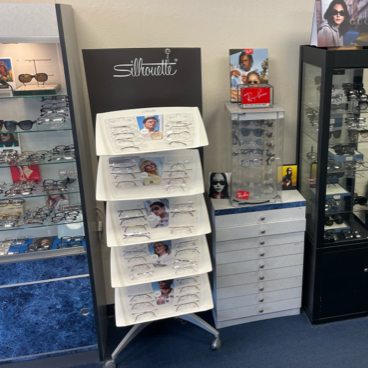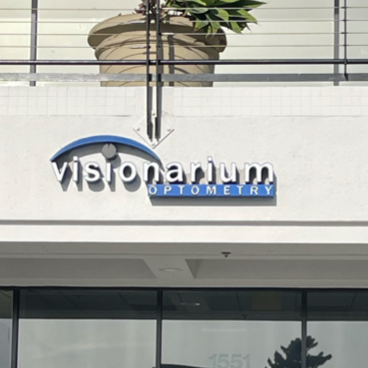You may not notice your vision change from one day to the next. It often happens slowly over time, and your brain does a great job of adapting. That’s why getting a comprehensive eye exam is such a key part of your family’s health care, even when you think you see perfectly well.
The right frequency for your eye exams depends on your age, health, and risk factors, but a regular check-up is a key part of your overall wellness. It gives us a chance to keep your vision sharp and, through our comprehensive eye care services, monitor the health of your eyes. It’s a simple step that can have a big impact on your well-being.
Why Regular Eye Exams Matter for Your Whole Family
An eye exam does more than check how well you see. It’s a snapshot of your family’s overall health. These routine visits can help correct vision, spot eye diseases early, and even reveal other health conditions before you notice any symptoms.
Correct Your Vision
Because vision changes happen so gradually, you might not realize your sight isn’t as clear as it could be. An exam with your optometrist can measure how clearly you see at different distances. This helps us determine if you need a new or updated prescription for glasses or contacts.
Detect Eye Conditions Early
Even with 20/20 vision, an eye exam is valuable. It allows a professional to screen for conditions such as glaucoma, cataracts, or macular degeneration. Early detection gives you more options for care, helping protect your sight for years to come.
Uncover Other Health Issues
Your eyes offer a clear view of your blood vessels and nerves. During an exam, your eye doctor might notice signs that can reveal other health issues, sometimes before your primary care doctor does. These can include conditions related to high blood pressure, diabetes, or high cholesterol.
Recommended Eye Exam Frequency by Age
How often you need an eye exam depends on your unique situation. For people without specific symptoms or prescriptions, these general guidelines from the AOA offer a good starting point. We can always create a personalized schedule that works for you.
Eye Exams for Children and Teens
A child’s first comprehensive eye exam should happen between 6 and 12 months of age, then again between the ages of 3 and 5. School-aged children and teens should have their eyes checked every year because their vision can change quickly as they grow. Annual visits are a good way to monitor for changes and manage conditions like nearsightedness with myopia control treatments.
Eye Exams for Adults 19–64
Adults in this age range should schedule an eye exam at least every 2 years. If you have any vision concerns or if we notice changes during your visit, we may suggest an annual appointment. This helps us stay on top of your eye health.
Eye Exams for Seniors 65+
After age 65, an annual eye exam is recommended. Seniors are at a higher risk of developing cataracts and other age-related eye conditions. More frequent check-ups are an important part of proactive health care.
How Your Prescription and Health Affect Your Exam Schedule
If you wear glasses or contacts, or if you have certain health risk factors, you’ll probably need to see your eye doctor more often. Following a personalized schedule is a great way to manage your eye health. We can work with you to find a routine that fits your needs.
If You Wear Glasses or Contacts
Most prescriptions for glasses and contact lenses are valid for one year. A yearly exam confirms your prescription is still right for you. It also gives us a chance to assess your ocular health, which is especially important for contact lens wearers who may need a specialized contact lens exam.
Risk Factors That Require More Frequent Visits
Certain factors can increase your risk for eye disease. We generally suggest a yearly exam if you have:
- A family history of eye disease
- Diabetes or high blood pressure
- A past eye injury or surgery
- Taken medications with vision-related side effects

When You Shouldn’t Wait for Your Next Appointment
Sometimes, your eyes tell you something needs attention right away. Don’t wait for your next scheduled visit if you experience new or unusual symptoms. It’s always better to get things checked out.
Common Symptoms to Watch For
Schedule an appointment if you notice any of these signs:
- Eye pain or persistent redness
- Flashes of light or halos around lights
- New or increased “floaters”, small specks in your vision
- Sudden changes in vision
- Difficulty with night driving
- Dry, itchy, or watery eyes
How Stress and Screen Time Affect Your Eyes
Long hours on screens can lead to digital eye strain, while stress can sometimes cause blurry vision or twitching. If you’re a college student or parent who spends a lot of time on a computer, let us know if you experience symptoms such as dry eye or headaches. We have different ways to help you find comfort.
Scheduling Your Exam and What to Expect
A comprehensive eye exam is a straightforward and streamlined process. We perform several tests to get a complete picture of your vision and eye health. We are also here to answer any questions you have along the way.
A Look at Your Health History
Your visit will start with a conversation about your personal and family health history. This includes any previous eye conditions, current health issues, and medications you take. This information helps us understand your unique health profile.
Tests for Vision and Eye Function
The exam includes tests to measure your visual acuity, how clearly you see, and a refraction test to determine your lens prescription. We will also check how well your eyes focus, move, and work together as a team.
Depending on your needs, we may recommend a dilated eye exam to get a closer look at the structures inside your eye. This gives us a full picture of your visual system.
Make the Most of Your Benefits Before Year-End
Now is a great time to take care of your vision, especially as the year comes to a close. Many insurance benefits and flexible spending accounts reset at the end of the year, so scheduling a visit soon helps you make the most of your coverage. As your local optometrist, we provide exams for the whole family, from your youngest child to college students and parents.
At Visionarium Optometry, we’re happy to help you and your loved ones see clearly and comfortably. Contact us today to book your appointment. We look forward to seeing you!

